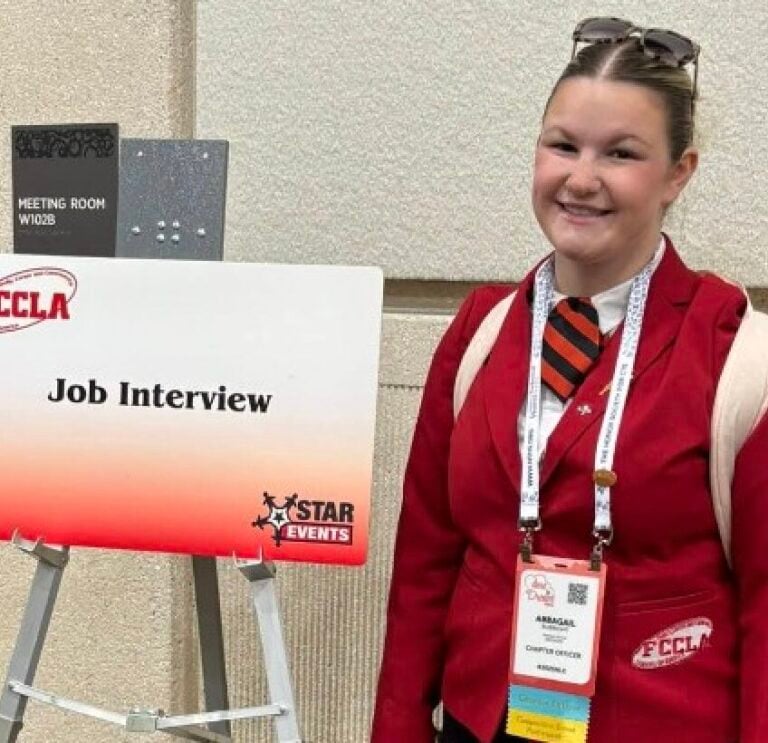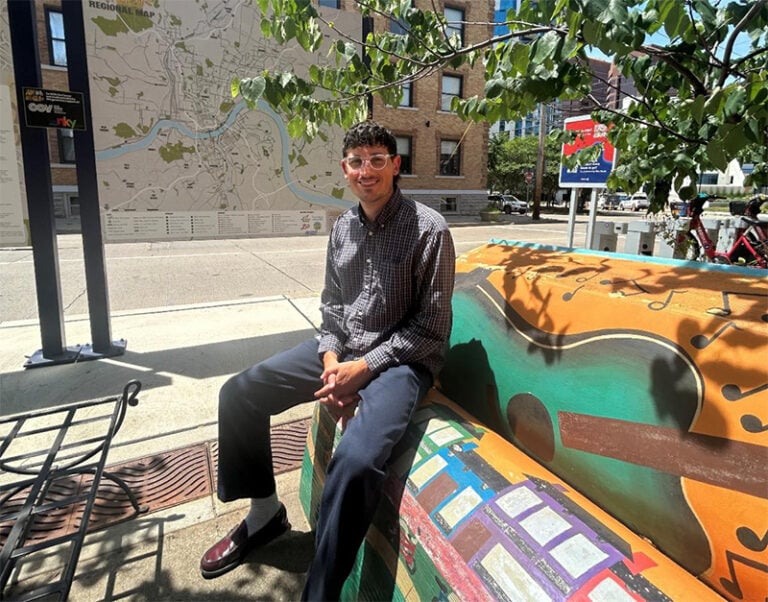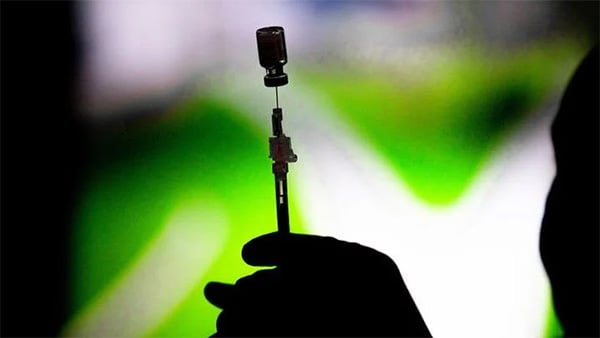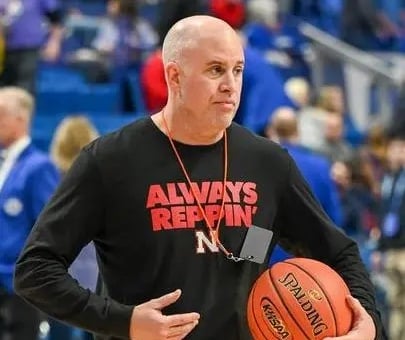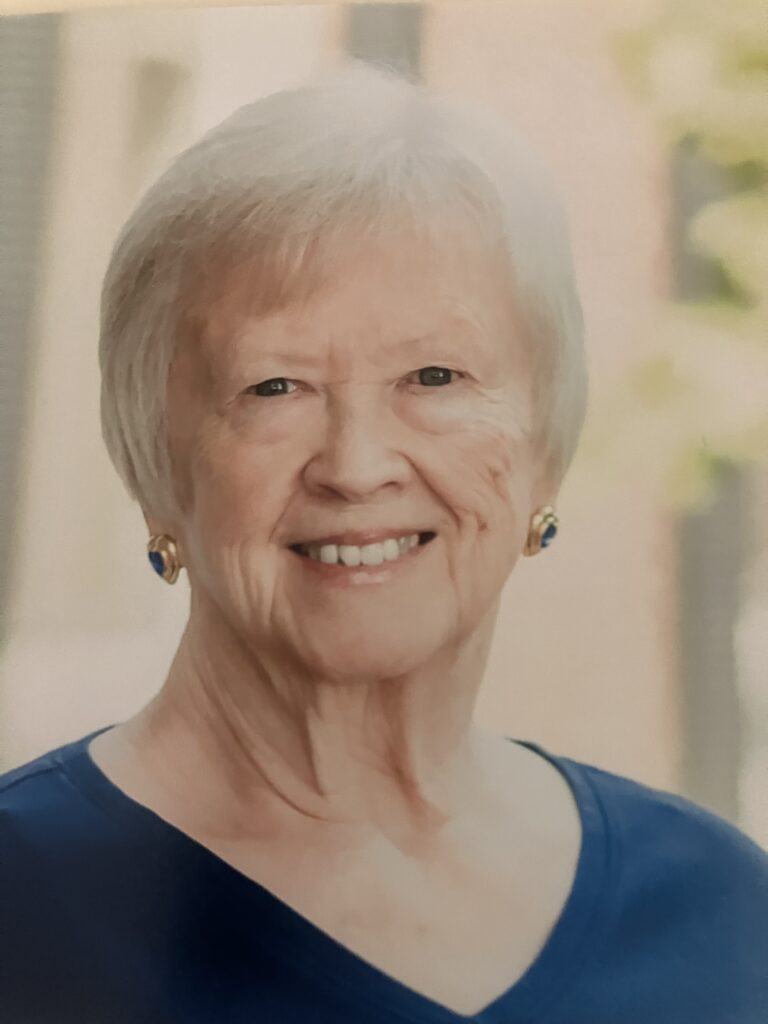A few weeks ago I wrote to a friend from my days at Harvard. He lives elsewhere in the U.S. We had kept up loosely over the years. I knew that he is a moderate Republican.
I asked him if he would have a conversation with me about our current political situation.
I explained that I’m interested in better understanding the thinking of moderate Republicans who do not support Trump. He knows I am a liberal Democrat. I guaranteed him anonymity. Happily, he agreed to do this.
In our conversation he made the following points.
First, regarding DEI – diversity, equity, inclusion – he believes that its message got lost because of the extremism of its advocates. Because of their political correctness, they lost their legitimacy and potency. Race is still an issue, but messages need to change. Minorities need to own more of the responsibility for the issues.

Government is too big. It gets too big because of human nature, to want to grow, not to stay constant or stagnant. Good ideas become projects that require additional resources and people. It’s the same with regulation. There need to be limits along with constant pruning and reprioritization.
People who are able, who are neither disabled nor caring for someone with disabilities, should work. But work should pay, enough that someone working 40 hours a week makes enough to support an economically stable household. The current minimum wage of $7.25 – unchanged since 2009 – equals roughly 60% of the poverty level. It should be raised.
He worries about the loss of traditional American values. This came up in the context of shrinking support for Ukraine, but includes much more – the loss of accountability, dependence on government, placement of self-interest above the common good, time devoted to entertainment, decay of news sources and disinterest in public affairs, diminishing instinct to recognize what we have in common with others, pride of thinking for oneself and humility of self-doubt.
He believes there should be limits on campaign contributions and expenditures. He does not believe that money is speech, and supports a Constitutional amendment to exempt campaign finance from the protection of speech. He does not expect that soon.
Regarding Trump himself, he believes he is the worst President in history – but that his charisma and passion are unmatched on either side of the political aisle.
He does not expect any help from the public sector for the next four years. Help will come from seniors, people over 65 who have both conscience and memory, and youth in their teens and 20’s. People in their 30’s to 50’s are too busy dealing with families, working, paying student debt, buying a house, getting married, or having a child.
This was quite a rich conversation. Several things surprised me, both things I found curious and things we agreed on – like increasing the minimum wage, bemoaning the loss of important American values, and getting excessive money out of political campaigns.
On the whole, as I anticipated, he was well thought out – thoughtful and open-minded to a point, but strongly convicted.
There have been subsequent exchanges of emails, given to elaboration of certain points as well as introduction of additional points.
One such new point was the importance of education. It turns out that both of us have served on boards of education, and understand the difficulties of serving both students with extraordinary needs, and all the rest, at the same time. And well.
Another point, in the DEI realm, was the impact of the Supreme Court’s decision about affirmative action on Harvard. I noted that I had roomed with an African American student there for several years, and that with that experience as background, was disappointed that following the Court’s decision the percentage of African Americans at Harvard had dropped from 18% to 14%. He did not consider that very meaningful, on its face, but reverted to his initial concern about extremist messages of advocates for greater racial justice.
He objected to my lumping all Republicans into one group. He was incensed at that – seemingly out of his recognition that there is a long way on the political continuum from where he is and where Trump is.
Regarding poverty, he thought, similarly to his thinking about race, that there is a great need for both advocates and poor people to own their share of responsibility for both the problem and the solution.
This theme of both advocates, and those advocated for, taking on more responsibility, is one of his most persistent, indeed passionate concerns. I call it shared responsibility. And in principle, agree with it. This agreement does not absolve government from doing its part.
That’s pretty much it, at least for now. A lot of substance. Surprisingly little about Trump. Mostly about other things. Which is an important lesson from this endeavor.
I began with curiosity. What does a moderate Republican – an intelligent and thoughtful moderate Republican – think about our current circumstances. Especially since he is strongly opposed to Trump.
The answer seems to be that, like those of us on the Democratic or Independent sides, much of what we think and do is not directly connected to Trump. It has rather to do with many of the things we do on the ordinary days of our lives.
I intend to think further about this conversation and these matters in a follow-up column.
I will see where that thinking takes me. But I will say this now. My sense is that there is much room here for finding common concerns, and common thoughts about how to approach them.
I believe that it is a worthwhile endeavor at this time, to search for, and hopefully find, common concerns and approaches to those concerns. In the end, the degree to which we succeed may have significant impact on our shared hope to remove Trump from our midst.
Col Owens is a retired legal aid attorney and law professor, author of Bending the Arc Toward Justice, longtime Democratic Party activist, and member of the Boards of Directors of Kentucky Voices for Health and the Kentucky Board of Elections.








